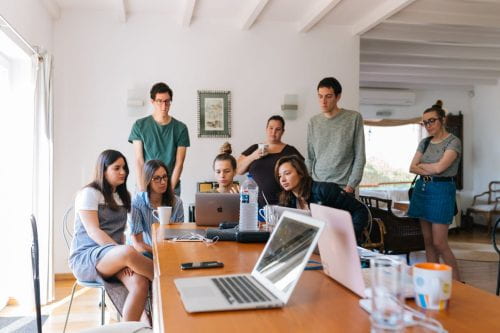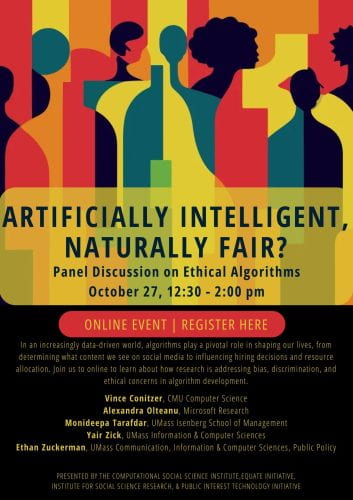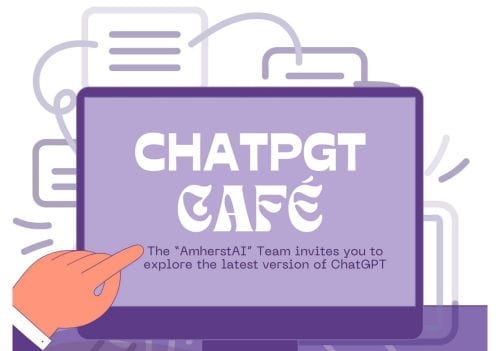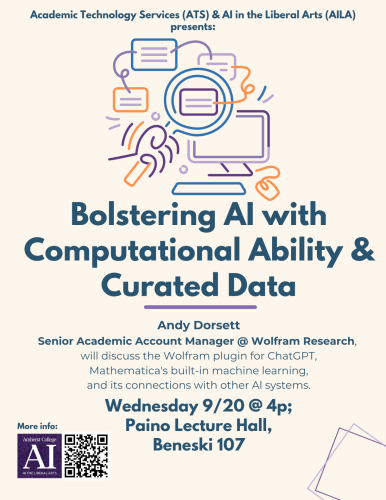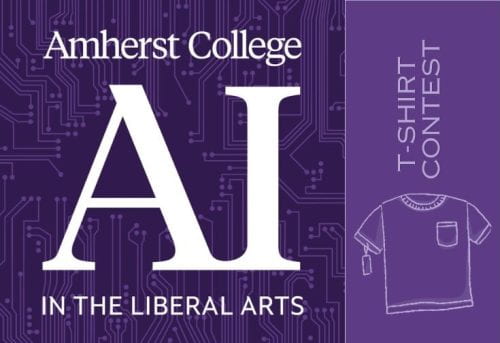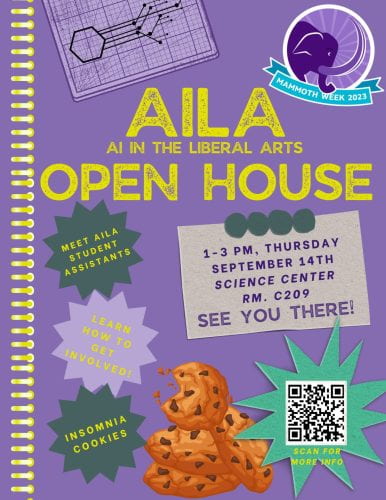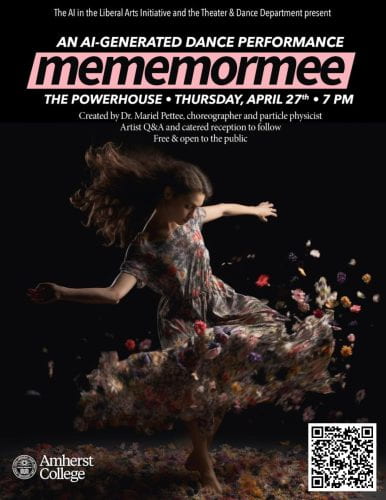Just one year ago, OpenAI released an early demo of a revolutionary new AI tool known as ChatGPT. From its application to customer service, healthcare, entertainment, and education, in the last year ChatGPT seems to have permeated what feels like every possible pore of society. Its popularity raises a number of questions about what the…
ChatGPT, One Year Later (Dec. 6, 4:30p @ CHI ThinkTank)

